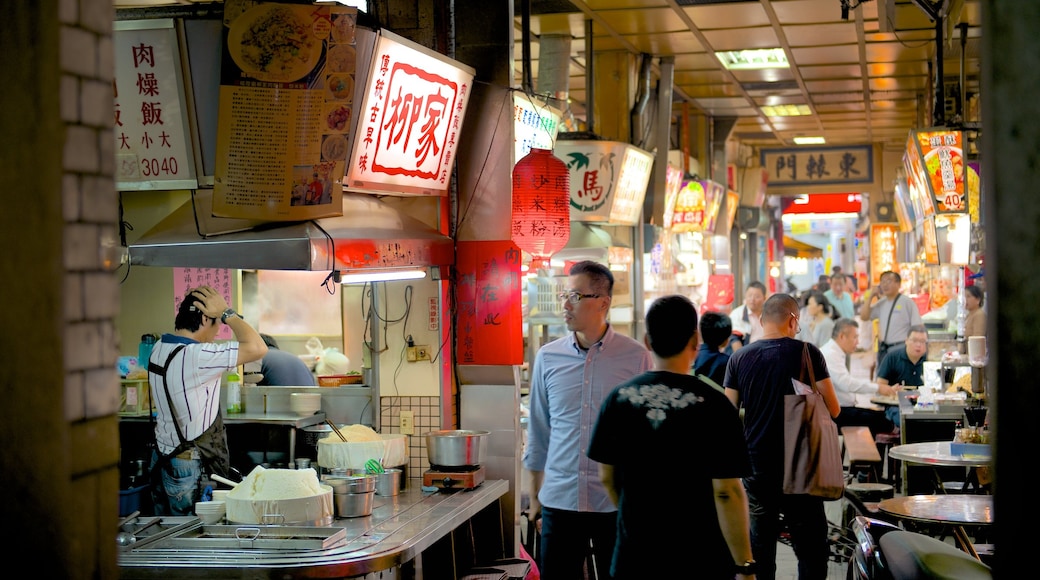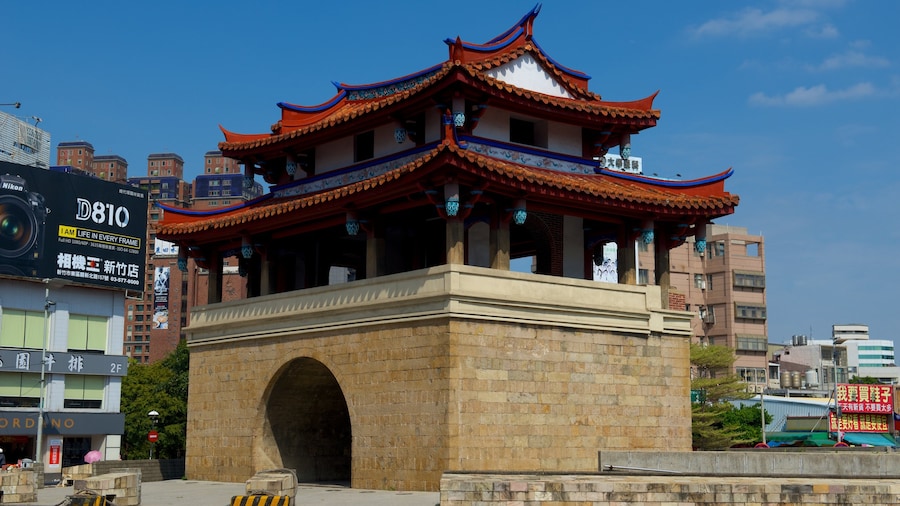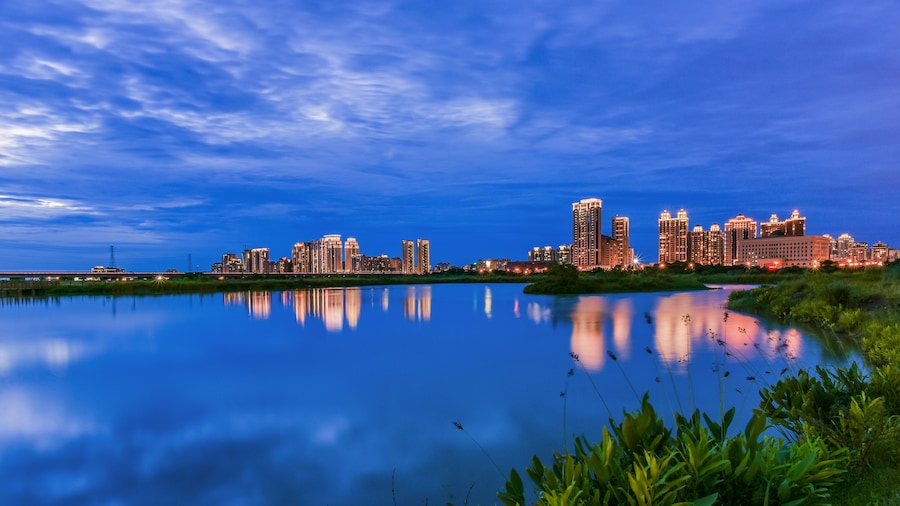One of Hsinchu’s most popular attractions is a centuries-old temple known for its beautiful architecture and the busy market on its doorstep.
For more than 250 years, devotees have come to the City God Temple to worship Chenghuang. The powerful deity from Chinese mythology is said to judge the souls of people who die within his jurisdiction. Admire the art and architecture of this important religious center and then visit the popular night market in the surrounding streets.
The building was constructed in 1748 and more than a century later, became a royal temple, with precedence over the region's other City God temples. Although an old structure, many of the design details were refurbished during major restorations in the early 20th century.
At the main entrance, study the stone lion statues and the dragon shapes on the pillars. Then tour the temple’s three halls and corridors. Appreciate the beauty of colorful wall paintings and inspect the instruments of torture and tablets inscribed with warnings. They were intended to show visitors the difference between good and evil.
Look at the dragon mosaic on the ceiling and the intricately carved wooden brackets and beams. You’ll also see striking panels depicting birds and flowers, which together are considered to be a symbol of good luck. Examine the statues to various deities, including Chenghaung Ye, the City God, as well as various officials and assistants. Among them are figures for Extending Longevity and Punishing Wickedness.
Stop by in the evening and check out the night market, which dates back to the late 19th century. This is an excellent place to sample traditional Taiwanese street food. Try bawan, a type of dumpling filled with meat, mushrooms and bamboo shoots. The city of Hsinchu is also known for its rice noodles, which are usually served fried and topped with bean sprouts.
One of the most exciting times of year to visit the temple is on Chenghuang’s birthday in November. Come for the traditional operas, parades and firework displays.
The City God Temple is located in Hsinchu’s historic quarter, on the corner of Zhongshan Road and Dongmen Street. To get there, take the bus from Hsinchu Station.


















